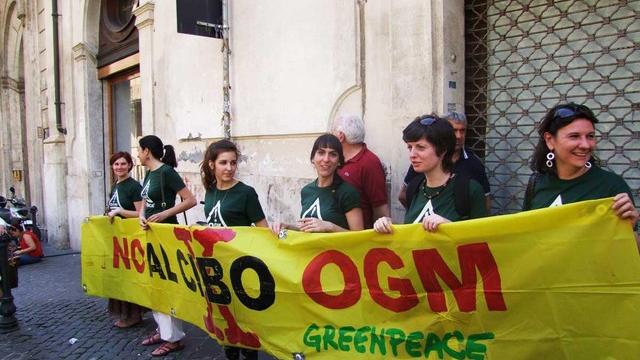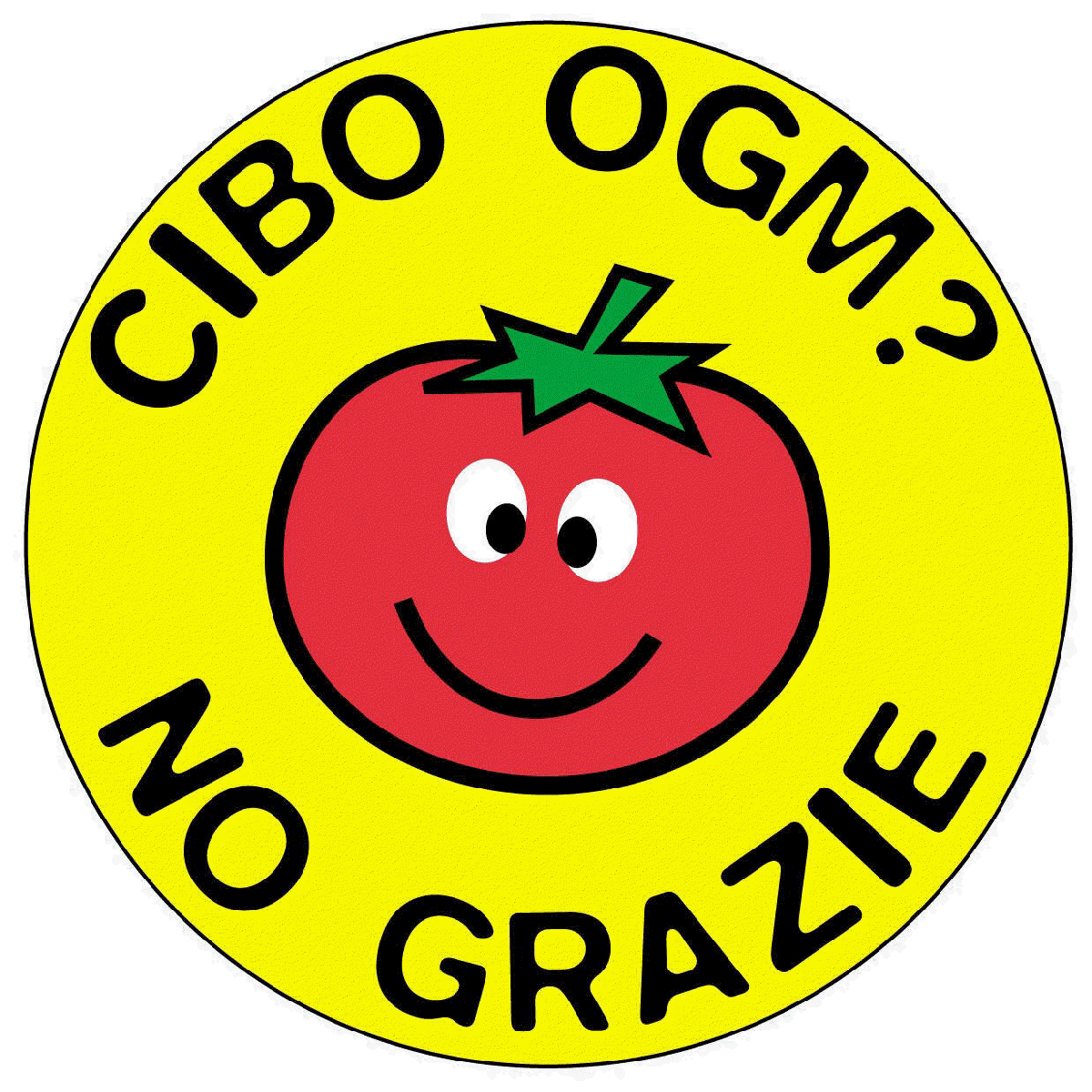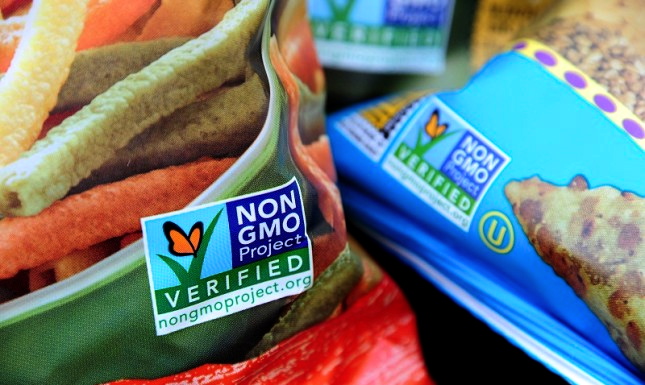
Three Italian ministries have signed a decree banning the cultivation of a type of genetically modified maize, citing environmental concerns, the agriculture ministry said on Friday.
The decree, which still needs to be published in the official gazette to become binding, targets Monsanto's MON810 maize, one of two genetically modified organisms (GMO) allowed in Europe and the only one currently grown commercially.
The ban was also signed off by the health and environment ministries, with the agriculture ministry citing the crop's "negative impact on biodiversity".
"Our agriculture is based on biodiversity, on quality, and those we must continue to aim for, without games that even from an economic point of view would not make us competitive," the ministry said.
The ministry said it had already notified the European Commission and other states in the European Union of the move.
"The Commission will look into the Italian safeguard measure in more detail, and we have already asked the European Food Safety Authority (EFSA) to assess the scientific basis for the decision," said Frederic Vincent, the Commission's health spokesman. EFSA is the EU's food safety watchdog.While GMO cultivation approvals are agreed jointly at the EU level, individual governments can introduce safeguards if they believe that cultivation could present a health or environmental risk. Those moves, however, are always verified by the Commission.
France put in place a similar temporary ban on GMO crops last year.
According to official data from last year, there was no GMO cultivation in Italy, a country fiercely protective of its agriculture, although some pro-biotech farmers have planted individual crops in recent months despite the widespread opposition.
Nearly 80 percent of Italians are in support of a ban, according to Italy's biggest farmers group Coldiretti, citing the results of a recent survey.
"The protection of Italian distinctiveness must be a policy priority since it determines the existence of 'Made in Italy', which is our engine, our future, our leverage to return to growth in the food industry," Coldiretti's president, Sergio Marini, said in a statement.
The Italian ban will be valid for a period of up to 18 months, the ministry added.
Five EU member states grew MON810 maize on 129,000 hectares in 2012, data from the International Service for the Acquisition of Agri-biotech Applications showed.
Spain was the top producer, followed by Portugal, the Czech Republic, Slovakia and Romania.
3 WAYS TO SHOW YOUR SUPPORT
- Log in to post comments













